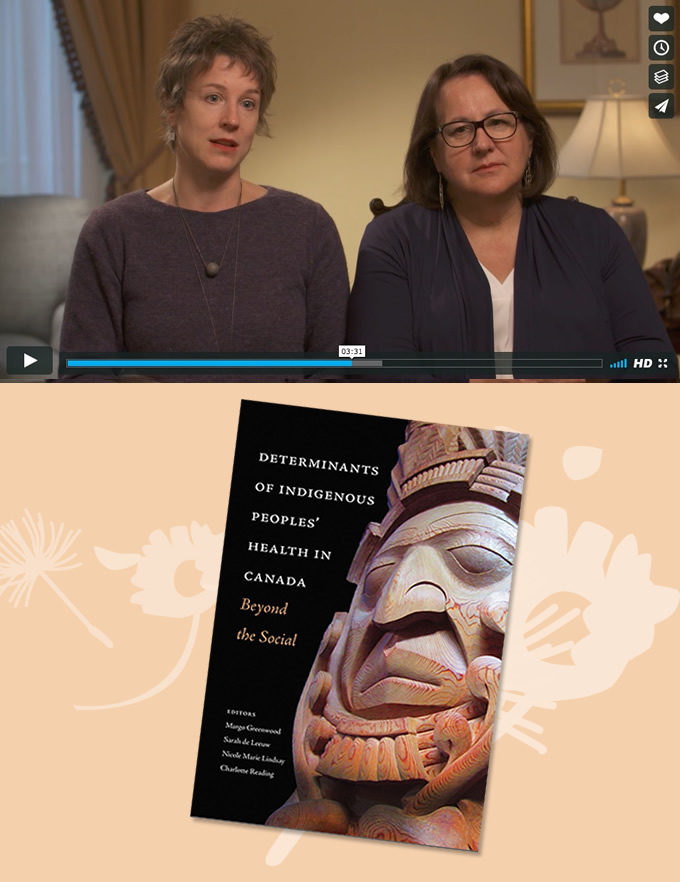
[Note: We are working to improve access to our collections and revising our subject headings to be more respectful and inclusive. Please be aware that you may see certain words or descriptions in search results or library materials which reflect the author’s attitude or that of the period in which the item was created and may now be considered offensive.]
Finding Scholarly Articles with Find It
Also take a look at these databases. They are specifically focused on Indigenous content.
When search for journal articles about Indigenous topics remember that you may have to use a variety of terms, some which will be outdated.
Firstly, search the name of the Nation you want to study or Métis or Inuit. Remember that Métis and Inuit are distinct groups that are not First Nations.
If you want to search about all Indigenous people, search the term Indigenous but you may also need to use the words: Aboriginal, and/or Indian (which are both outdated/offensive terms but people still use them).
Suzanne Methot is the author of the non-fiction book Legacy: Trauma, Story, and Indigenous Healing, co-author of the Grade 11 textbook Aboriginal Beliefs, Values, and Aspirations, and a contributor to Scholastic’s Take Action series of elementary classroom resource books. She is currently working on three books for children and young readers, and a novel set in northern Alberta. Suzanne is an educator and social historian who speaks on pedagogy, Indigenous worldviews and literatures, Indigenous approaches to health and wellness, trauma- and healing-informed practice, and decolonization. She also designs programs and facilitates change-making sessions for the education, health care, environmental, and museum sectors. Born in Vancouver and raised in Sagitawa (Peace River, Alberta), Suzanne is Asiniwachi Nehiyaw (Rocky Mountain Cree) of mixed Indigenous and European heritage. She lived in Tkaronto (Toronto) for 29 years, and now makes her home on the unceded territory of the Snuneymuxw Nation, near Nanaimo, BC.


© , University of the Fraser Valley, 33844 King Road, Abbotsford, B.C., Canada V2S 7M8

